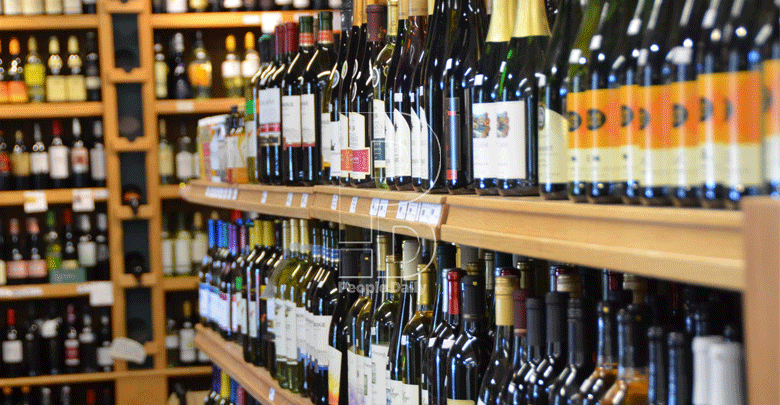Bar owners appeal to MPs to reject proposed Alcohol Bill

Mercy Mwai @wangumarcv
Bar owners have appealed to MPs to reject proposed amendments to the Alcohol Drinks Control Act of 2010.
Proposal seeks to increase the minimum bottle size of selling alcoholic drinks up from 250 to 750 millilitres or more.
Amendments also propose that consumers be forced to pay cash deposit whenever they intend to purchase alcoholic drinks packed in glass bottles.
Under the Alcohol Beverage Association of Kenya (ABAK), the bar owners said the amendments, if passed in to law, will cripple the industry that is already reeling from the effects of the Covid-19 pandemic.
While terming the amendments by Wundanyi MP Danson Mwakuwona as unrealistic and unnecessary, the owners, led by ABAK chairman Gordon Mutugi, urged the legislators to consider the submissions they presented to the Committee on Administration and National Security on the same.
Huge cost
“The Bill will also not yield the claimed benefits of safeguarding underage drinking or addressing the intended environmental consequences, which are being addressed by ABAK and other manufacturers.
ABAK, therefore requests the National Assembly to reject the Bill and has made submissions to the Committee on Administration and National Security on the same,” the statement.
“We believe this is an outrageous, retrogressive proposal that has no place in our developing economy today. We are opposed to the proposals in the Bill,” he added.
Mutugi argued that the proposed law is discriminatory to a majority of alcohol consumers, who cannot afford alcohol packaged in 750ml containers, which sell at higher prices, and are therefore inaccessible to those who currently buy in smaller bottles.
Legally, he said prescribing that consumers buy more than they can consume is not only encouraging irresponsible drinking but is also counterproductive in the fight against illicit alcohol consumption which the government has been combating for many years.
“Elimination of the option to sell alcohol packed in smaller packages would undoubtedly force those who cannot affordable quality alcoholic beverages sold in larger packaging to seek illicit and unhealthy alternatives, such as the purchase of alcohol in bulk and sharing it into smaller containers, or consuming contraband alcohol from neighboring countries,” he said.
While rejecting the proposals, Mutugi argued that the investments made by both alcohol and glass manufacturers in 250ml, 300ml, 440ml and 500ml packaging will be rendered untenable if the Bill is passed, with billions of shillings being lost and employees in both the glass manufacturing and alcohol making and packaging sectors.
“There will be huge cost implications for manufacturers in rejigging production lines (taking many years) meaning direct job losses in manufacturing, one of Kenya’s economic growth pillars,” he said.
On the imposition of a deposit requirement on glass containers, he said this would force manufacturers to pack alcoholic beverages in polyethylene terephthalate (PET) bottles, which have a negative impact on the environment and human health since the material is non-biodegradable
According to him, alcohol manufacturers have mechanisms to collect returnable glass from the market and thus requesting for deposit on the same will burden manufacturers with unnecessarily duplicative financial and administrative processes.
“Furthermore, glass disposal in our industry has created a significant value chain where glass manufacturers collect, crash, and recycle cullet (glass prepared for remelting).
This Bill now puts these jobs at great risk and passing this piece of law would mean loss of thousands of value chain jobs in production, distribution, and sale of alcoholic products in Kenya,” he added.












